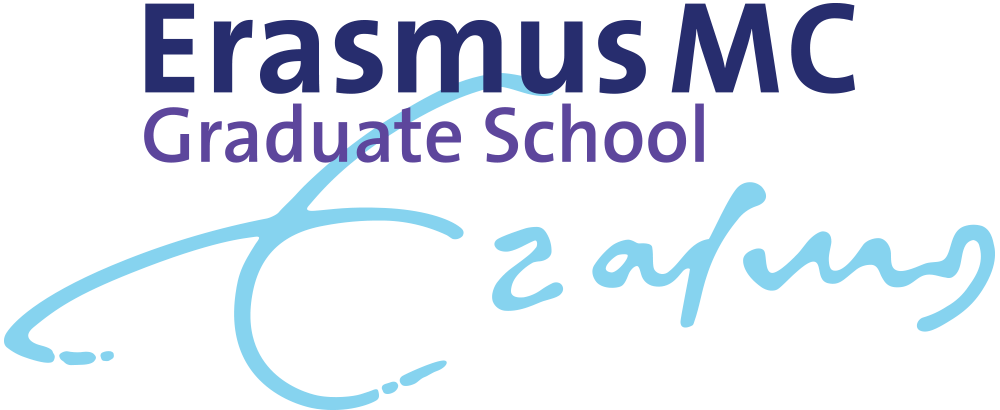Topics in Medical Decision Making [EL004]
Course highlights
EC points
1.4
Start date
27-01-2025
End date
31-01-2025
Course days
Monday to Friday (5 full days), final assignment due at the end of the course.
Faculty
Stijntje Dijk, MD PhD, Prof. Myriam Hunink, MD PhD
Course fee
€ 1265
Location
Erasmus MC, Rotterdam NL
Level
Advanced Intermediate
Prerequisites
An introductory course in Decision Modeling (ESP70 or CE02 or CK040 or HSPH RDS202 or HSPH RDS280 or HSPH RDS286 or faculty approval of an equivalent course) and basic knowledge of probability and statistics.
Disciplines
- Clinical Epidemiology
Application
How to applyDownloads
Detailed information about this course:
Description
This course deals with intermediate- to advanced level topics in the field of medical decision making. Topics that will be addressed include building decision models, evaluation of diagnostic tests, utility assessment, multi-attribute utility theory, Markov cohort models, microsimulation state-transition models, calibration and validation of models, probabilistic sensitivity analysis, value of information analysis, and behavioral decision making. The course will focus on the practical application of techniques and will include published examples and a computer practicum. Students will learn to apply state-of-the-art modeling methods using freely available open source software to evaluate the comparative effectiveness and cost-effectiveness of health interventions. While the primary emphasis is on application, essential underlying theoretical concepts will also be discussed. During the course you will have the opportunity to work on a decision problem which you select yourself. Many students use the course as a way to start writing a paper on a decision model in the field of their interest.
Note that this is an intensive course. Be prepared to spend at least 5 days, 8 hours per day on the course. You cannot expect to do other time-consuming commitments while doing this course.
See 'how to apply' for the course registration period.
Objectives
By the end of the course the student will be able to
- Explain why and when decision modeling is useful and what decision modeling entails.
- Describe how decision modeling can be used for the evaluation of diagnostic tests, preventive interventions and therapeutic interventions.
- Explain the theoretical concepts underlying decision tree analysis, utility assessment, multi-attribute utility theory, Markov cohort models, microsimulation state-transition models, calibration and validation of models, probabilistic sensitivity analysis, and value of information analysis.
- Apply decision modeling methods using open source software.
- Evaluate a self-selected decision problem relevant to the student’s field of expertise using the concepts and techniques discussed in the course.
- Explain the limitations of the discussed techniques and describe alternative modeling techniques that could address these limitations.
Participant profile
Clinical researchers, clinical epidemiologists, decision scientists, public health researchers, those in health technology assessment or value-based healthcare. Participants should have basic knowledge of decision modeling to obtain benefit from this course.
Assessment
Assignment(s)
 Reduction on fees
Reduction on fees
PLEASE NOTE: This does not apply to the fee of the research master programmes (120 EC points)
No fees are charged for Erasmus MC PhD candidates, provided they have an account in Hora Finita, the Erasmus University PhD registration system. When submitting the application, you can state that someone else pays your tuition fee.
In case of cancellation or no show, the cancellation policy applies based on the full course fee.
25% reduction for all (international) PhD candidates without formal appointment at Erasmus MC
Upon receipt of your application you will receive a request to upload proof of enrollment as a PhD candidate.

